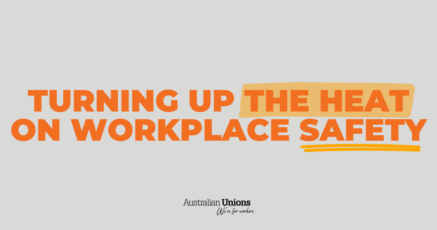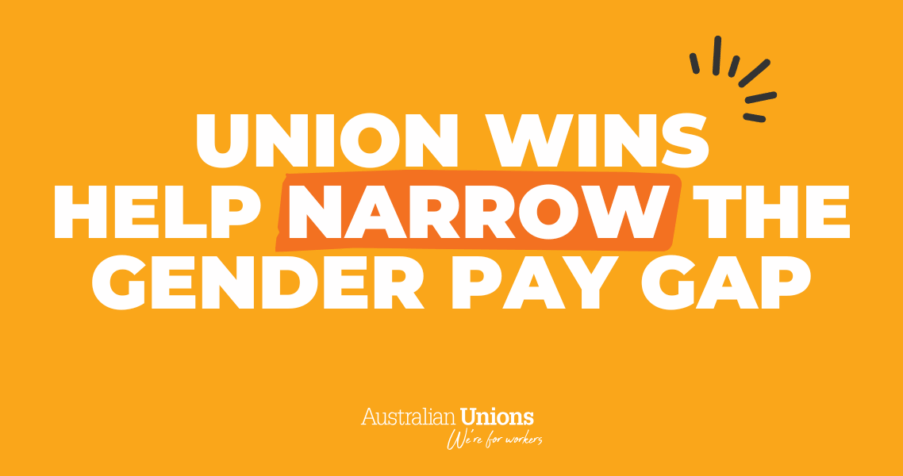
It’s not just a couple of coins here and there: the entire university business model has been built on wage theft.
In a report released on Monday, the National Tertiary Education Union uncovered a total of over $80 million in stolen wages across the country.
And just a day later, that figure jumped to more than $100 million. You could buy a standard Australian house for 100 families with that sum.
Happy O-Week
Those millions of dollars cover incidents of wage theft since 2020 but, as NTEU national president Alison Barnes explained, the university system was broken long before then.
“The predominance of casualisation across our sector is the problem and wage theft is the symptom,” she said.
As the academic year resumes and orientation weeks roll out in Australian universities, most casual university workers have hit the bottom of their bank accounts.
Without work over the summer months, they have had to scrimp and save during teaching weeks, if they could set aside any income at all.
Joel* has been surviving as a casual academic for nine years.
“I love my job. I love what I do. I love that I have the opportunity to teach students cool things,” he said.
“But I can’t live on this pittance of a wage. I need to be able to save for my future.”
An institutional problem
In almost every state and territory, university management have engaged in some degree of wage theft.
University wage theft occurred in a variety of ways, including:
- Paying for fewer hours than what was actually worked
- Paying piece rates for making instead of actual time worked
- Sham contracting to avoid fulfilling Award and Agreement entitlements
- Misclassifying teaching
- Not paying overtime
- Not paying long service leave, superannuation and allowances
“It’s not just you”
As the NTEU report showed, wage theft doesn’t happen in a vacuum. If you’ve had your pay stolen, you likely won’t be the only one.
Even if you’re unsure, the first step is to contact your union when you think you’ve been underpaid. All union members get access to advice and legal representation if things go wrong at work.
For casual academic Ella*, joining her union meant she no longer had to struggle alone.
“When you see people who are telling the same stories, you realise it’s not just you…it’s systemic,” she said.
“Once you get in [the union], it’s a massive relief and actually boosts your energy.”
*Names changed to protect workers’ identity.






SHARE:
How much money has your university stolen?